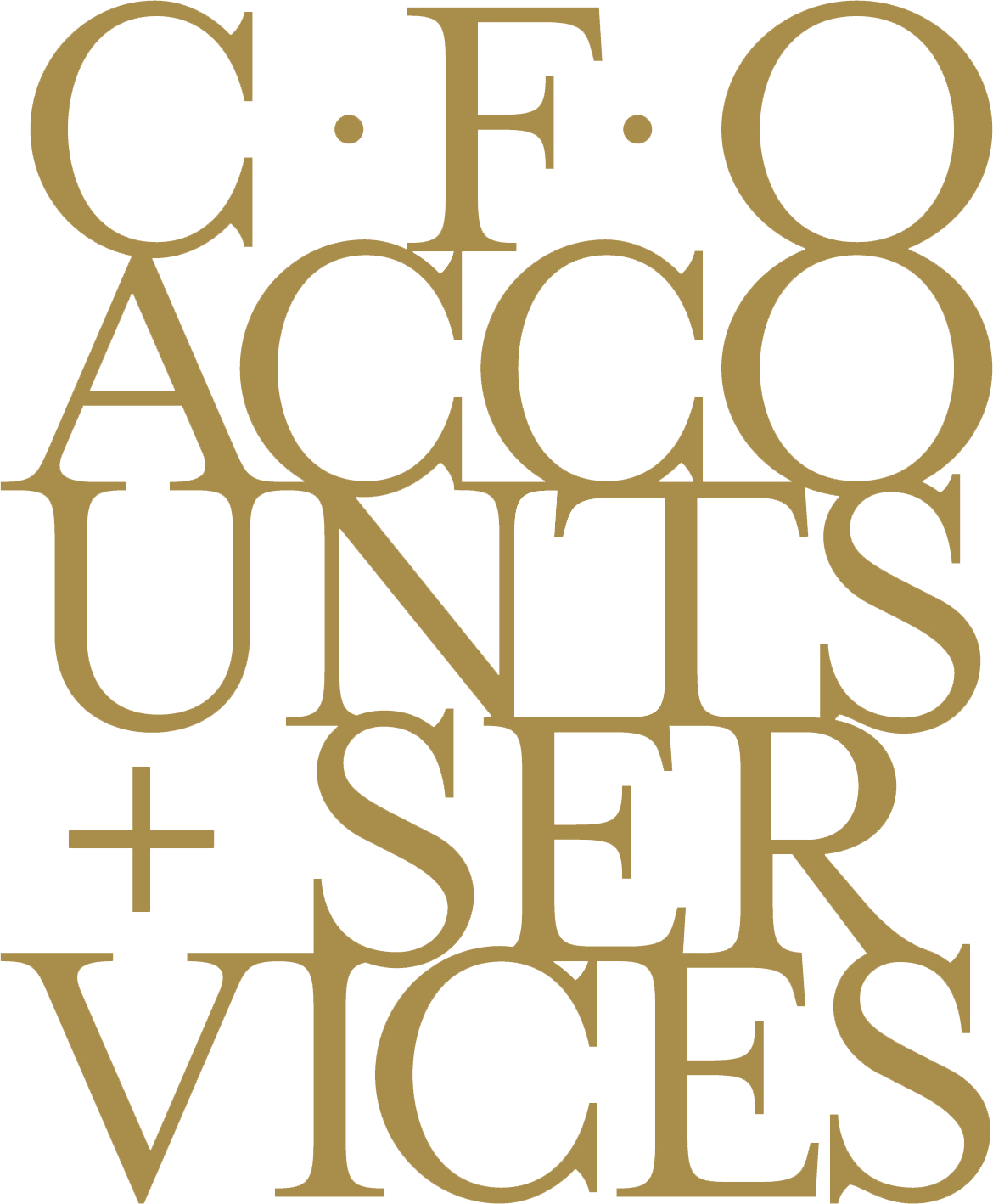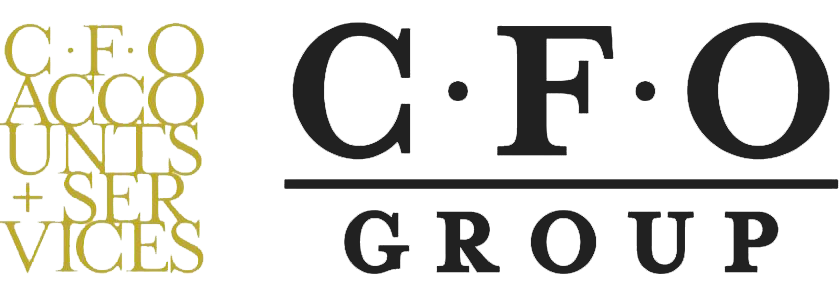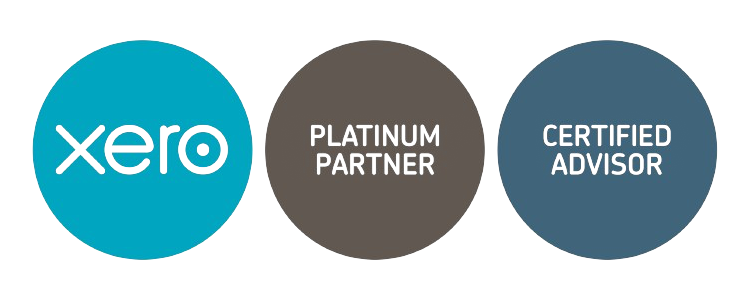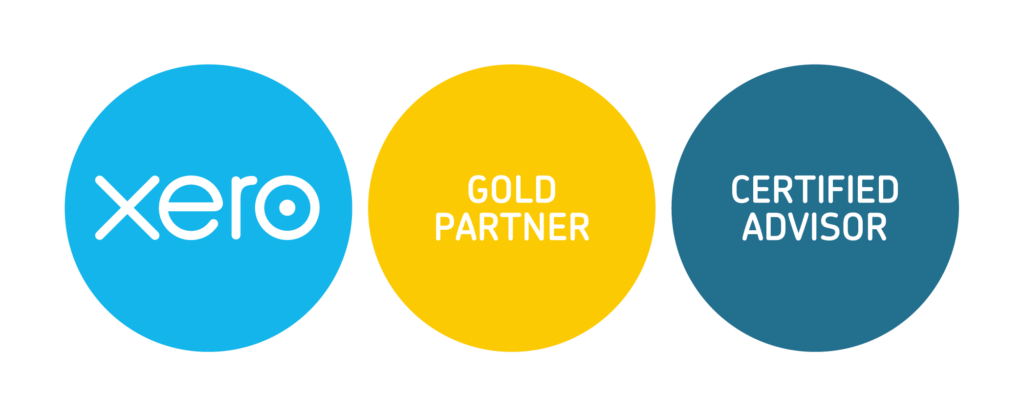CFO GROUP INTEGRATED SERVICES
How Do Employers Contribute to Payroll Taxes in Singapore?
CFO Group • May 15, 2025
Wondering how do employers contribute to payroll taxes in Singapore? Navigating employment taxes can be complex, especially if you're an employer striving to stay compliant. Understanding your responsibilities is essential not just to avoid penalties, but also to ensure smooth operations for your business and your employees.
Payroll taxes are mandatory contributions that fund Singapore's employee benefits, government programs, and workforce development.
This guide explains how Singapore employers handle CPF, SDL, and FWL, key components of payroll tax obligations.
1. CPF Contributions: What Every Employer Must Know
The Central Provident Fund (CPF) is Singapore's primary form of payroll-related tax, similar in purpose to social security and Medicare, social security systems, and social security tax in other countries. Employers must contribute a percentage of each employee's wages to CPF, based on age and income level.
As of 2025, the employer contribution rate is up to 17% for employees under 55. These rates may change periodically, so it's crucial to refer to the latest updates from the CPF Board to ensure compliance. These amounts are withheld from monthly wages and must be paid by the 14th of the following month.
2. Skills Development Levy (SDL): Why You’re Paying It and How Much
In addition to CPF, employers must contribute to the Skills Development Levy (SDL). This levy supports Singapore's national workforce training programs via the Skills Development Fund (SDF). The SDL rate is 0.25% of each employee's monthly remuneration, capped at S$11.25 (based on the first S$4,500 of wages), with a minimum of S$2.
SDL is still applicable even if your employee is not a Singapore Citizen or Permanent Resident. The SDL and CPF must also be submitted by the 14th of the following month.
3. Foreign Worker Levy (FWL): Are You Paying the Right Amount?
If your business hires foreign workers under S Pass or Work Permits, you’re required to pay the Foreign Worker Levy. This tax is paid by the employer, and the rate varies based on sector, worker qualifications, and quotas. The amount depends on several factors, including:
- The industry your business operates in
- The quota of foreign workers employed
- The qualifications or skill level of your foreign workers
FWL is not considered a CPF contribution and does not apply to Employment Pass (EP) holders. Unlike income tax, the Ministry of Manpower (MOM) calculates and bills the levy monthly; payment is typically due by the end of each month.
While separate from federal unemployment tax systems and unemployment taxes seen in other countries, these levies serve a similar regulatory function in managing workforce balance.
4. Employee Benefits That Can Trigger Tax Obligations
Beyond CPF, SDL, and FWL, employers should also account for taxable employee benefits. These may include:
- Bonuses
- Allowances (e.g., transport, housing)
- Reimbursements and benefits-in-kind
Such benefits are subject to income tax and are part of the employee’s overall income taxes liability. They must be reported in the employee’s Form IR8A and, where applicable, Appendix 8A/8B or IR8S under the Auto-Inclusion Scheme (AIS).
Ensuring accurate reporting will help you stay compliant with IRAS regulations. These obligations apply regardless of the terms outlined in an employment contract, which should clearly state all salary components and taxable benefits.
5. Payroll Filing Deadlines You Can’t Afford to Miss
Meeting filing deadlines is a critical part of payroll tax compliance in Singapore. Here's a quick overview:
| Contribution Type | Payment Deadline |
|---|---|
| CPF | 14th of the following month |
| SDL | 14th of the following month |
| FWL | End of the current month |
Late payments can result in penalties, interest charges, and possible enforcement action by government authorities. Implementing a reliable payroll software system or engaging a payroll service provider can help ensure timely compliance.
Are You Fully Compliant with Singapore’s Payroll Tax Rules?
Understanding how employers contribute to payroll taxes in Singapore is more than just checking boxes; it's about protecting your business from risk and ensuring the well-being of your employees.
Staying current with CPF, SDL, and FWL requirements, three significant types of employer contributions toward payroll taxes using accurate payroll systems, and consulting a qualified tax professional can help you stay compliant easily.
By managing your payroll responsibilities effectively, you’ll free up time and energy to focus on what matters most, growing your business.
Simplify Your Payroll Process — Partner with CFO Group Today
If managing payroll feels overwhelming, CFO Group is here to help. As a trusted provider of payroll services in Singapore, we simplify CPF, SDL, and FWL compliance for businesses of all sizes.
Our team ensures timely submissions, accurate calculations, and end-to-end support, so you can focus on running your business without worrying about penalties or missed deadlines.










